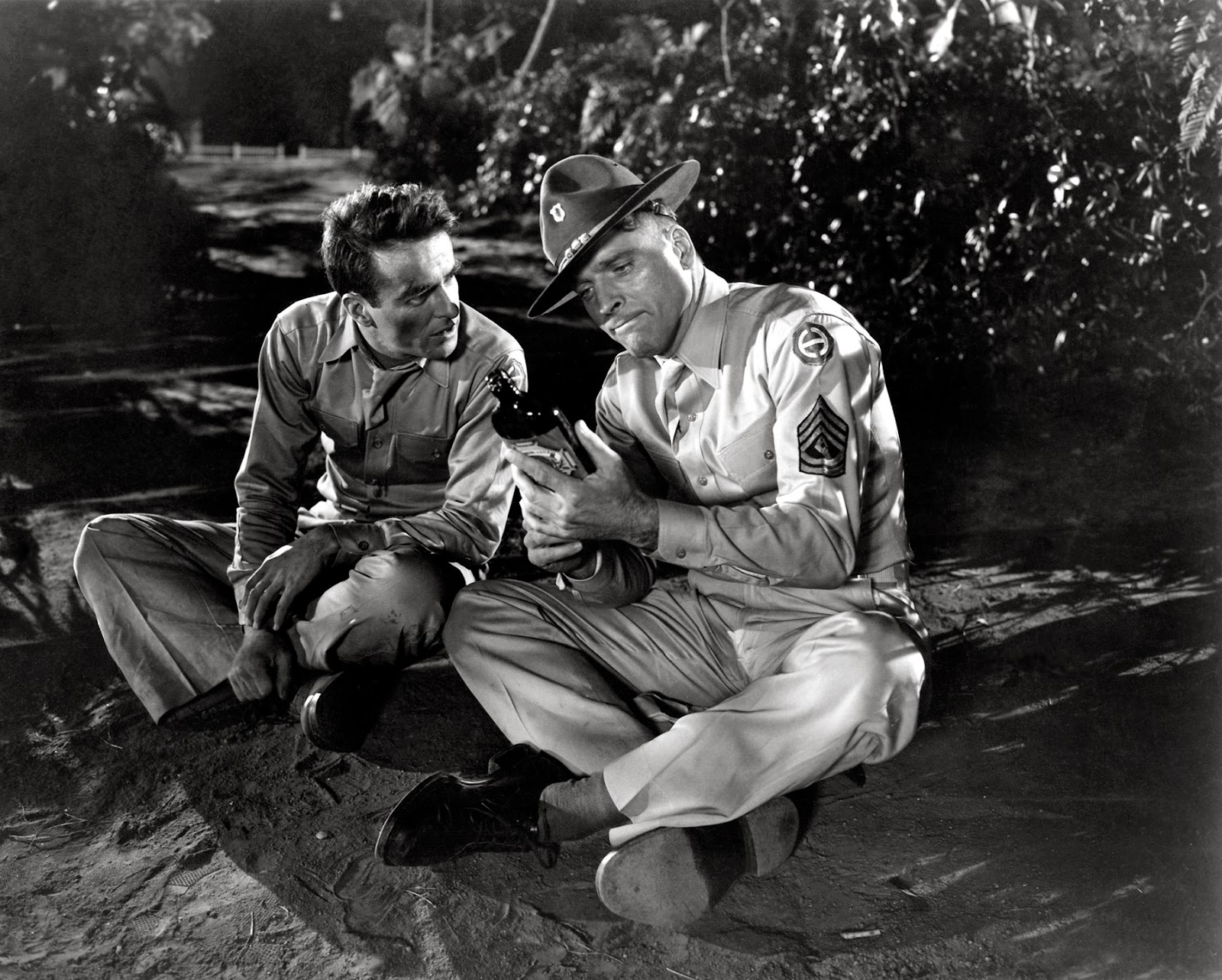HOLLYWOOD'S GOLDEN AGE
(Post 14 of 50)
 |
| The Rites of Spring from Fantasia |
Now critically praised as a classic, Fantasia did poorly during its initial run at the box office.
From
Walt Disney: Hollywood's Dark Prince by Marc Eliot.
"When asked Roy (his brother) what the thought, his brother decided Fantasia did poorly at the box office because of his "unfortunate" choice of music.'I'll never understand why we couldn't' have sneaked a little Tommy Dorsey in there.' he remarked to Walt after studying the film's receipts. That was the last time Walt ever asked his brother his opinion about anything."
It's not too hard to see why
Fantasia didn't do as well as other Disney films of the era. Classical musical being played in the background to various animated vignettes didn't exactly make for a
Snow White or Pinocchio sized hit. But
Fantasia is undoubtedly filled with great moments and you have to give credit to Disney for really going out on a limb with this one. It is hard to not list everything when listing the highlights of
Fantasia, but the Rites of Spring played as we see the days when dinosaurs ruled the earth
and the last days of the dinosaurs is certainly a favorite of mine.
The Night on Bald Mountain Finale is pretty spectacular, too.
 |
| Jumbo and Dumbo |
From Walt Disney: Hollywood's Dark Prince by Marc Eliot on Dumbo.
"The main problem with the film was that Disney had essentially done it before , and better."
"Dumbo's big ears recalled perhaps to vividly Pinocchio's awkwardness. Jiminy Cricket's mission of moral rectitude made him a metaphor for Pinocchio's conscience, a more vivid than Timothy's sidekick, who functioned as Dumbo's subconscience. And the "pink elephant" sequence's bubbly visuals resembled nothing so much as an outtake for Fantasia. Dumbo's retread themes and characters, increasingly familiar style of animation and noticeable lack of new technical wizardry, left some critics with a heavy sense of Disney Vu."
My two favorite parts of
Dumbo are the awful and snooty Elephants ragging on poor Dumbo and the circus clowns in the tent when the viewer hears them speaking but can only see their shadow.I think Mark Eliot is being a little hard in his criticism of
Dumbo, though I admit I probably would have opted for
Lady and the Tramp or
101 Dalmatians for the 1001 book before I'd list
Dumbo, but you really should see all the classic Disney cartoons (From
Snow White to
The Jungle Book, at least) at least once.
And the Elisha Cook Jr. supporting player award goes to…The mice.
Even most kids that may have been bored with sections of Fantasia still love The Sorcerer's Apprentice section with Mickey Mouse. We can all relate to not doing what a parent (or wizard) tells you to do and getting into a bit of trouble over it. And Mickey in the Sorcerer's Hat may be the most iconic image in the history of Disney.
 |
| Mickey Mouse |
Timothy J. Mouse of Dumbo makes his appearance not a moment too soon. Wonderful mother Jumbo is locked up and little Dumbo with the big ears is alone crying and having to hear the barbs of the other elephants. But our little mouse friend comes along just in time to befriend Dumbo, frighten the mean elephants, make Dumbo the star of the circus and eventually reunite Dumbo with his Mom. A nice day's work, I'd say.
 |
| Timothy J. Mouse |






















